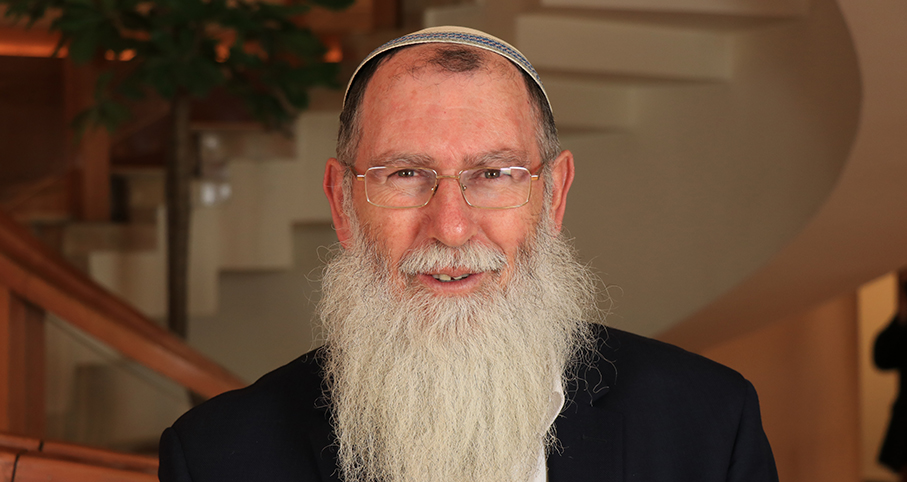Beit Midrash
- Torah Portion and Tanach
- Vayikra
- Emor
The Torah study is dedicatedin the memory of
Rabbi Yosef ben Yaakov
The Torah presents the following warning for the kohanim in our parasha: "Speak to Aharon and to his sons, and they should stay away from the holy of Bnei Yisrael, and they should not desecrate My Holy Name that they sanctify to Me, I am Hashem" (Vayikra 22:2).
It is difficult to understand this commandment. The kohanim are appointed to deal with the sacred, so how are they to stay away from it? Also, who are "they" who sanctify? If it refers to Bnei Yisrael, the pasuk’s order is confusing.
Rashi explains that the distancing the kohanim should adhere to is from eating the meat of sacrifices when the kohanim are impure (discussed ibid.:2-3). If so, though, the p’sukim seem out of order. Rashi also says that the reference to those who sanctify is indeed going back to Bnei Yisrael selecting animals for sacrifice. The Ramban’s second explanation is that the second part of the pasuk refers to the general concept of chillul Hashem (desecrating His Name). It is not clear, then, what the first part of the pasuk means or how the elements are connected.
A midrash (Yalkut Shimoni, Iyov 920) explains the pasuk as follows. The kohanim, who were indeed appointed to deal with the sanctified animals and objects for Divine service, are liable to view themselves as owners of the sacred, not just its guardians. The Torah warns them not misuse their lofty positions of responsibility. While there are parts of sacrifices that only they may eat, they must stay away from parts that were not assigned to them. If the Ramban understands the first part of the pasuk similarly, we can appreciate the reference to chillul Hashem in this pasuk as follows. One whose job it is to safeguard the holy yet uses it for personal advantage instead desecrates that which is holy and, in the process, also Hashem’s Name.
This approach of the midrash and Ramban, while directly referring to a time and place of sacrifices and the Beit Hamikdash, is very relevant today. Nowadays we also have hekdeshot (literally, sacred matters), the generic term for moneys set aside for charity and Jewish communal needs. These are the modern "holy of Bnei Yisrael." The heads and officers of these various important funds need to be careful to stay away from any misappropriation of funds or use for personal gain. These are holy funds even if they will never be brought on an altar. It is for good reason that Israel and other organized countries have rules and regulations regarding conflicts of interest and the use of these funds. These rules are an implementation of this pasuk’s concept of not getting too comfortable with holy matters that are entrusted to one for safeguarding. As all to whom this matter applies hopefully succeed to act in an unblemished manner, let us pray that the time when the kohanim will once again deal with the original content of the pasuk will come quickly.






















